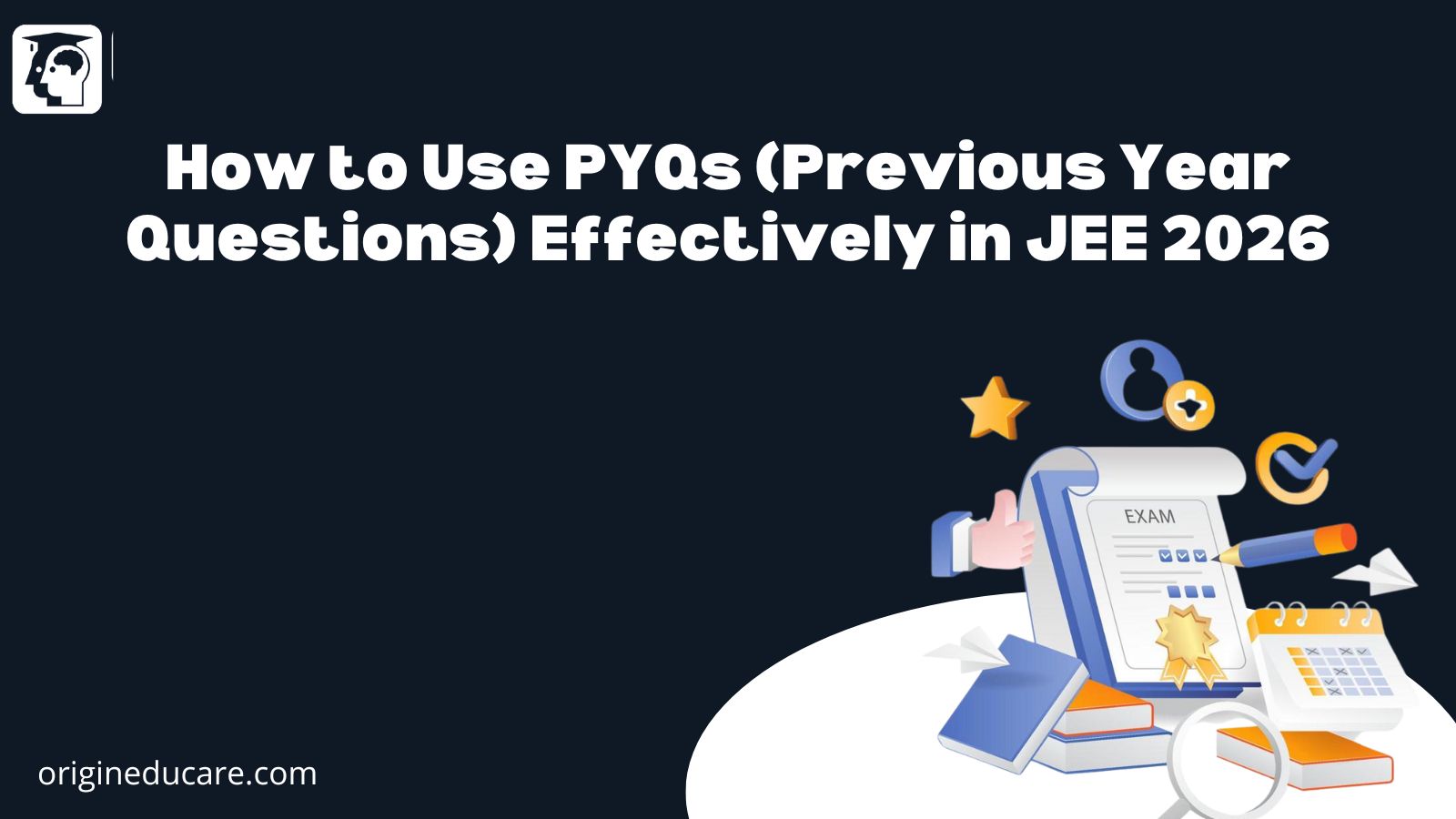Preparing for JEE 2026 is a challenging task. If you are a Class 11 student, Class 12 student, or acting as a dropper, preparing for JEE Main or JEE Advanced takes a strategic method. The best tools in your toolbox? Previous Year Questions (PYQs).
However, most students ignore PYQs or do not use them to their full potential. In this blog, I will cover how to optimize your preparation of JEE 2026 by using PYQs the proper way, building the foundation knowledge, identifying key points of the syllabus, and providing you with the necessary edge to reach good ranks in JEE 2026.
Why PYQs Matter So Much
Before we explore ways to optimise your use of PYQs, we should consider why PYQs are game-changers.
- Familiarity with Exam Pattern: PYQs will help you train up for the types of questions and the questions structure that may appear in JEE Main or Advanced.
- Identifying the important topics in the Syllabus: Over the years, there are certain topics that have been asked repeatedly.
- Increasing Speed and Accuracy: Once you start answering the PYQs regularly, you begin to train your brain to think through problems and eliminate the wrong options quickly.
- Building Confidence: When you can solve actual exam questions correctly, your confidence will build automatically.
- Identifying Weak Areas: Right off the bat, you know which chapters need extra attention.
Step-by-Step Guide to Using PYQs Effectively
1. Start Early, Don’t Wait
Many students think you should only do the PYQs during revision. This is wrong. Start using PYQs in your preparation from the first day.
How to do it:
- After studying a chapter from NCERT and coaching materials, do its PYQs.
- Think of the PYQs as revisiting the chapter and taking a quiz about your knowledge at the same time.
2. Use Chapter-wise PYQ Books
To save you extra effort, take chapter-wise PYQ books. They provide exact questions for Physics, Chemistry, and Math, separately.
Tip: Choose books which have JEE-Main and JEE-Advanced questions with truthful solutions and year tags.
3. Simulate Exam Conditions
Once you’ve worked away most of the syllabus, you can begin to solve PYQs under test conditions. Get a stopwatch: Solve an entire section (Physics / Chemistry / Math) under a timed condition so you can build your stamina.
4. Analyze Mistakes Deeply
You shouldn’t just be checking the answer. You should also be thinking about why you got it wrong.
- Did you get a small conceptual error?
- Was it a calculation error?
- Did you misread the question?
Use an error logbook to avoid repeating the same one.
5. Identify Trends and Patterns
After you have done the PYQs for the last 5 – 10 years, look to see you can discover from your data.
- Are there topics that appear every year?
- Does one type of question pose a larger threat to you than others (Derivations, Formula-based, Concept-based)?
This is useful when looking to tackle your study efficiently.
6. Solve JEE Advanced PYQs Even for JEE Main
Yes, advanced will be tougher and will more than likely some depth with regard to the syllabus. Just as an example, I will remind you that it draws from the same syllabus.
Tip: use them if you want to give yourself a challenge and gain a better understanding of the conceptual basis behind the question.
7. Avoid Rote Learning from PYQs
You need to focus on understanding the question, don’t just memorize it. The fact that it was in 2020 doesn’t mean it will be again, but similar concepts might show up – so focus on understanding how to solve.
Class-Wise Strategy for Using PYQs
Class 11 Students:
- You need to focus on building a strong base.
- As you complete a chapter, do 5-10 PYQs related to the topic.
- Keep in mind JEE Main level questions more in the starting phase.
Class 12 Students:
- Balanced preparation between new syllabus and old (Class 11) syllabus.
- Use PYQs from both Class 11 and Class 12 in your study plan.
- Once per month you can solve PYQ papers of full-length paper for practice.
Droppers:
- Don’t forget to divide your time between theory revision and full-length papers.
- Work on past 10 year papers multiple times.
- Again focus on your mock test preparation and please mix PYQs in your mock tests.
Integrating PYQs with Mock Tests
- Use PYQs with your mock test series.
- You can take timed PYQ based mocks every 2 weeks.
- If taking 2 mocks in a week take one as a PYQ mocks. Then watch if you make the same mistakes over this time frame as you take more mocks.
PYQs and NCERT – The Perfect Pair
Many of the PYQs especially in Chemistry are based on NCERT.
Tip: Read the NCERT line by line, and take the learn and then do some PYQs. This is the only way to highlight how the question is framed based purely on the NCERT content.
How Origin Educare Helps You Use PYQs Better
At Origin Educare, we believe in smart preparation, not hard work. Our comprehensive test series and curated PYQ-based question banks are intended to:
- Gets all the concepts asked in JEE since inception.
- Get accustomed to real exam patterns.
- Get trivial PYQs resolved with detailed video solutions.
- Analyze your weak areas through analytics in performance.
With Origin Educare, not only do you practice PYQs, but you also master them.
Conclusion: PYQs are the Hidden Goldmine
If used correctly, PYQs will revolutionize your JEE preparation for 2026. They aren’t just questions with answers to learning, they are a reflection of what is asked in examinations. So start, be consistent, and let PYQs become your best friend in studying.
Remember, success in JEE is not merely about covering syllabus – it is about revising intelligently, and knowing how to manage problems, which examiners love to ask. PYQs give you the insights for that.
Need help to get started? Join Origin Educare’s test series today, and discover the potential of PYQs for your preparation for the JEE 2026 journey!
Start right after completing a chapter. Don’t wait until the end. Integrating PYQs with your ongoing study boosts retention.
PYQs are an essential part of your preparation but should be supplemented with theory, concept practice, and mock tests.
Ideally, solve at least the past 10 years of JEE Main and JEE Advanced PYQs for complete coverage.
Yes. JEE Advanced PYQs enhance your conceptual depth. They help you tackle JEE Main questions with greater ease.
Origin Educare integrates PYQs into structured test modules, weekly assessments, and full-length mocks to help students get familiar with real exam patterns and challenges.


